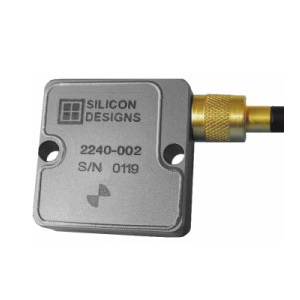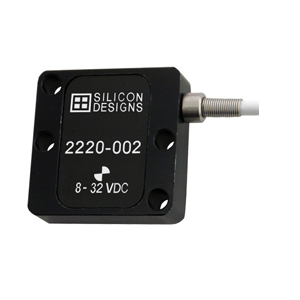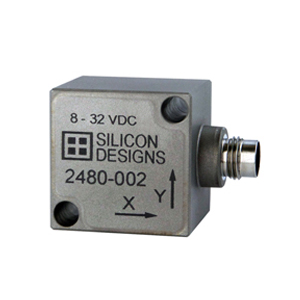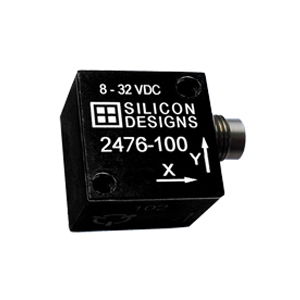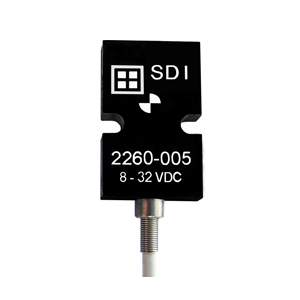
MEMS DC accelerometers by Silicon Designs Inc. (SDI) offer a dependable solution for marine structural health monitoring, subsea navigation, and oceanographic studies.
Accurate motion detection is vital in marine environments, where equipment must operate reliably under pressure, on moving vessels, and in long-duration deployments. SDI’s MEMS DC accelerometers provide key advantages over traditional piezoelectric sensors for applications in oceanography, structural monitoring, and submerged navigation.
Ideal for Marine and Subsea Platforms
While piezoelectric accelerometers excel at capturing high-frequency vibrations, they can fall short when it comes to measuring slow or static movements, conditions often encountered in oceanographic research. In contrast, SDI’s MEMS DC accelerometers provide:
- Continuous sensing even when stationary
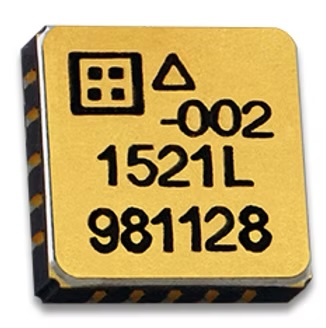
- Accurate low-frequency data capture
- Robust motion monitoring for long-duration experiments
This makes them highly suitable for:
- Structural monitoring of offshore platforms and moorings
- Inertial navigation of AUVs and submersibles
- Long-term deployment in buoys or seabed observatories
Engineered for Harsh Ocean Conditions
Saltwater, temperature swings, and shock events can cause many sensors to fail or drift. SDI’s MEMS accelerometers are designed to operate with minimal performance loss over time, thanks to:
- Capacitive sensing elements with low temperature sensitivity
- Low-impedance outputs for consistent signal quality across long cables
- Physically rugged MEMS structures with no brittle crystals
- Noise Reduction and Sensitivity for Scientific Precision
Whether measuring gentle ocean swells or platform tilt, SDI’s accelerometers offer ultra-low noise performance, ensuring accurate, high-resolution data critical for marine science.
Learn more about the benefits of SDI’s MEMS DC accelerometers >>





